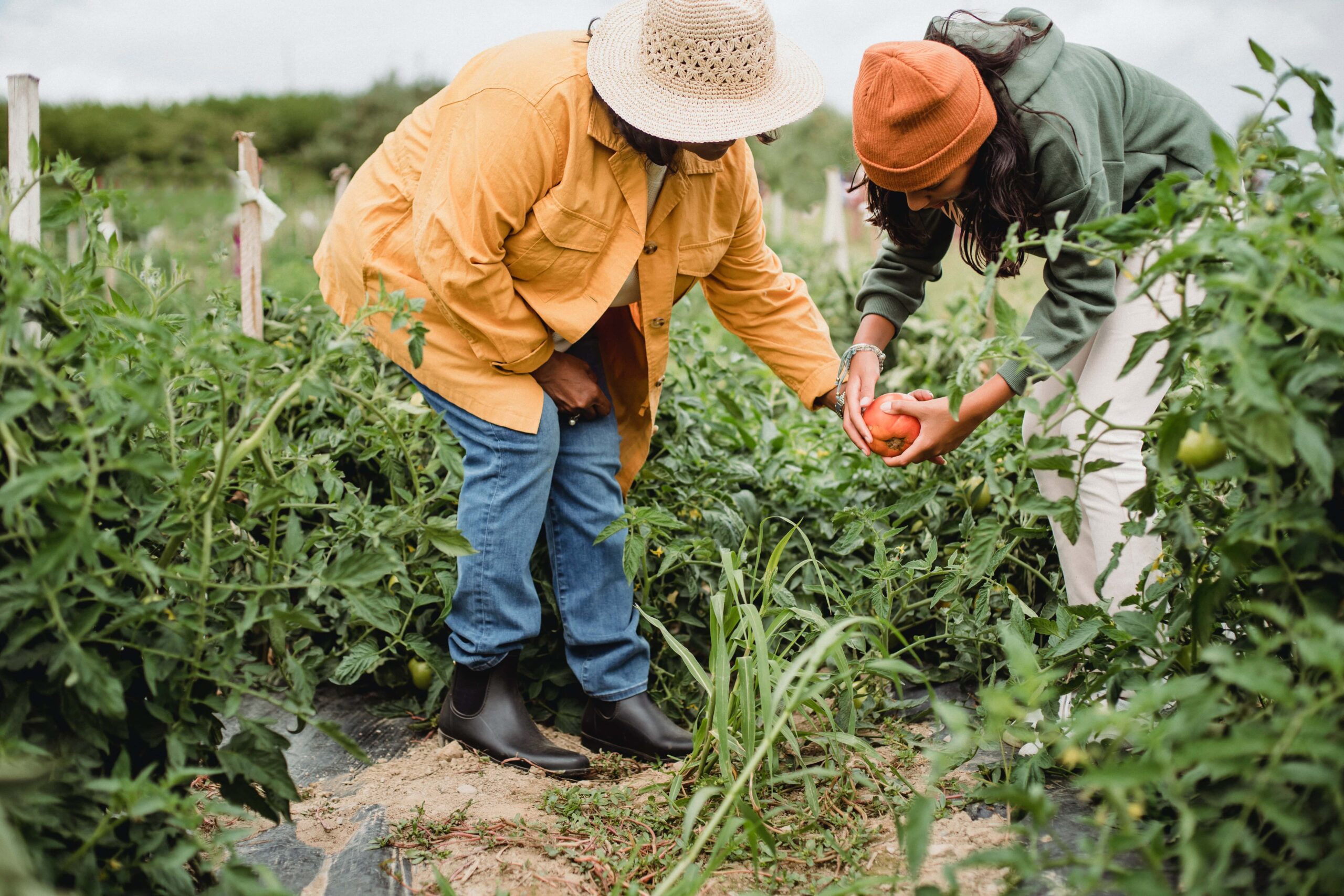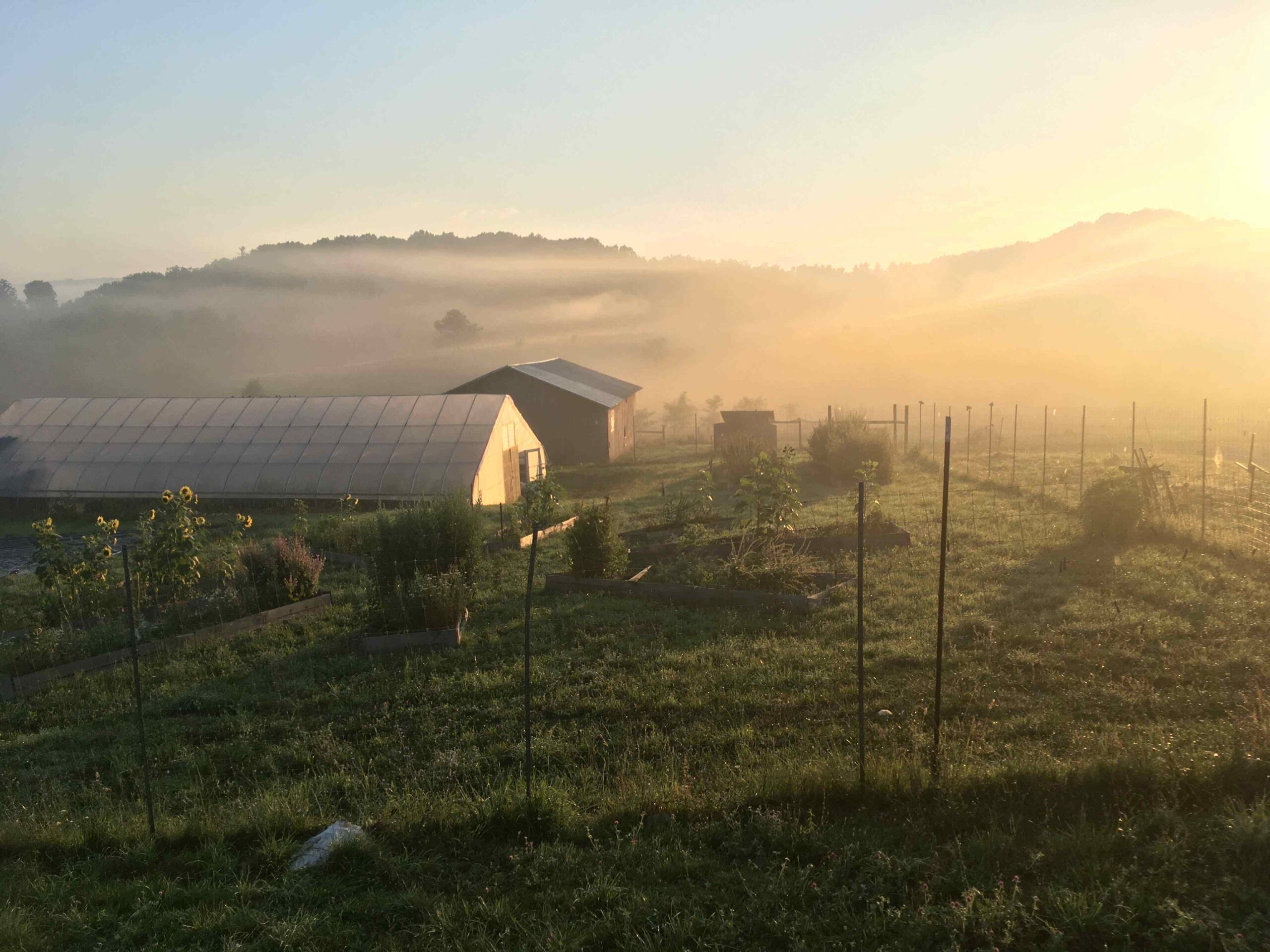Best College Reviews highlights the top 20 College Farms! Here are the top 5.
1. Warren Wilson College
Warren Wilson College is a national liberal arts college structured around values perfectly manifested in the soil. To graduate, students must work through “the Triad” of Warren Wilson experience, including work, service, and academics. Warren Wilson is one of only seven federally-recognized work colleges in the nation, where the daily operations of the school are partially completed by the students. Many students choose to work on the farm, which is located on 275 acres divided into 25 fields in the scenic Swannanoa Valley. Beef cattle and hogs make up a majority of the livestock, and are sold locally. Additionally, a CSA and farmer’s market provide produce from the farm to the local community. A crew was established 14 years ago to grow medicinal herbs and make medicine from them. A bee crew and an heirloom apple orchard are also present on the farm. The farm strives to practice sustainable agriculture, and is “grass-based,” allowing steers to graze on a natural “salad bar” that translates into
healthier meat for humans.
- Crops Grown: Mixed Crops, Livestock
- Homepage
2. College of the Ozarks
The College of the Ozarks utilizes educational student labor through a number of agricultural work stations, including: beef farms, a farmer’s market, dairy farm, feed mill, hog farm, horticulture lab, orchard, garden, processing plant, and the agronomy station. The largest project includes a yearly workshop put on for FFA (the Future Farmer’s of America), in which an educational workshop is distributed to nearly 2,000 attending members. A number of student organizations supplement the agriculture-centered experience at College of the Ozarks, including the AG Ed Club, Ozark Fisheries & Wildlife Association, Horticulture Club, Collegiate Farm Bureau Aggie Club, and Delta Tau Alpha, a selective national agriculture honor society. An average of 80 students work at agriculture workstations throughout the year.
- Crops Grown: Mixed Crops, Fruits, Livestock
- Homepage
3. Deep Springs College
Deep Springs College is a liberal arts college located on an alfalfa farm and cattle-ranch in the California high desert. The school was founded with the three guiding notions of academics, labor, and self-governance, important values for the farm. The school only has 26 students, but provides full scholarships valued at over $50,000 per year for two years. After two years, many students continue to prestigious schools. Farm-based locations for the labor component of the program include the organic Deep Springs Garden, which includes a fruit orchard, greenhouse, chicken coop, and vegetable beds, the 300-head cattle ranch, and the 152 acres of alfalfa fields, used to feed the college’s cattle and livestock. Every seven weeks, students are assigned a labor position, including options like student cowboy and butcher.
- Crops Grown: Mixed Crops, Fruits, Livestock
- Homepage
4. Hampshire College
Hampshire College is a prestigious and experimental school established in 1965. During their time at Hampshire, student focus on portfolios rather than distribution requirements, and narrative evaluations take the place of grades. Though young, the school’s farming program is longer established than most, created in the late 1970’s by natural science faculty. The farm is over 100 acres, offers work study programs, independent study opportunities, and internship opportunities. Largely thanks to the campus farm, Hampshire College is well on their way to sourcing 100% of their food locally. The farm is also a CAS (community-supported agriculture) program, allowing locals to pick up produce weekly.
- Crops Grown: Livestock, honey, syrup, dairy, hay
- Homepage
5. Butte College
Butte College, a community college near Chico (CA), offers an 80-acre farm including an organic fruit orchard and vineyard. The institution has a long history of sustainable agriculture, offering training in sustainable agriculture, and establishing a portion of the farm as organic certified as far back as 1990. The College is also home to the first organic dairy west of the Mississippi. A number of student organizations including the Ag Ambassadors Club and the Symbiotic Solutions clubs augment the existing academic farm-based offerings. Community access to the farm is available, including (in the past) portions of the farm joining the Sierra Oro Farm Trail Passport Program, a local weekend where local vineyards and farming operations show off their wares to local hikers.
- Crops Grown: Wine, Livestock, Mixed Crops
- Homepage





